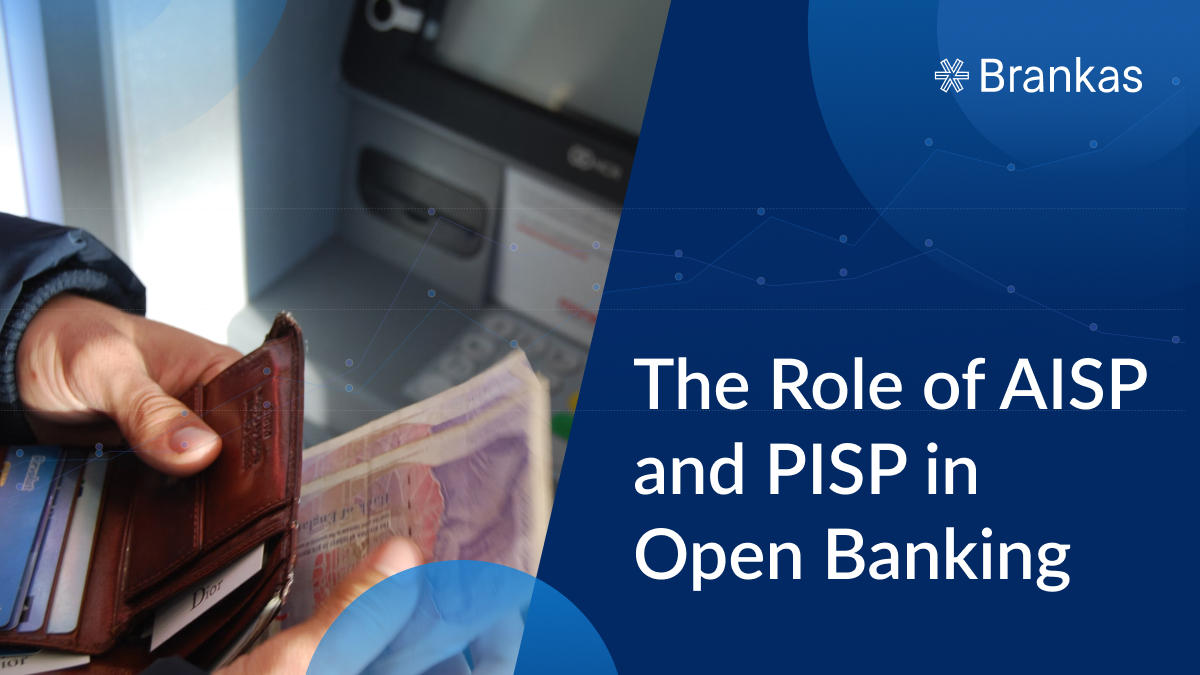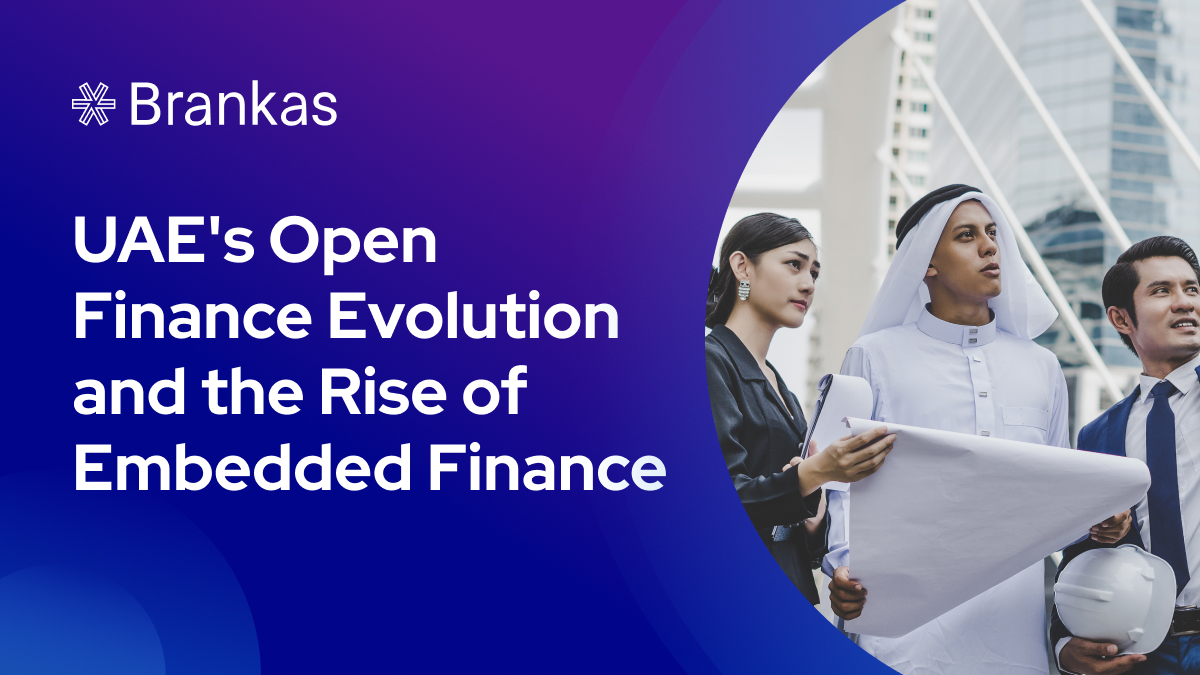The United Arab Emirates (UAE) is at the forefront of financial innovation, with significant strides in open finance and embedded finance transforming the nation’s financial scene. These developments are not only enhancing consumer experiences but also positioning the UAE as a global leader in fintech.
The Central Bank’s Vision
In June 2024, the Central Bank of the UAE (CBUAE) introduced the Open Finance Regulation, a comprehensive framework aimed at fostering innovation, enhancing competitiveness, and reinforcing the UAE’s status as a leading financial technology hub. This regulation mandates that all licensed financial institutions provide secure access to customer data and enable transaction initiation through standardized Application Programming Interfaces (APIs), contingent upon explicit consumer consent.
The Open Finance Framework is a pivotal component of the CBUAE’s Financial Infrastructure Transformation Programme. According to the Open Bank Project, It encompasses a Trust Framework, an API Hub, and Common Infrastructural Services, facilitating cross-sectoral data sharing and transaction initiation.
Central to this transformation is ‘Nebras’, a newly established subsidiary under Al Etihad Payments, tasked with overseeing the implementation and management of open finance infrastructure. Nebras plays a pivotal role in ensuring the trust and interoperability layers of open banking are secure, standardized, and scalable across the UAE’s financial system.
Based on a report by Bird and Bird, the launch of Nebras reflects the CBUAE’s commitment to building an inclusive, innovation-friendly ecosystem that balances regulatory oversight with technological advancement. It marks a major institutional step in translating policy into action, creating the infrastructure necessary for open finance to grow.
Embedded Finance – Integrating Financial Services Seamlessly
Parallel to the advancements in open finance, the UAE is witnessing a surge in embedded finance, according to a report by Fintech Futures (2024); a model where financial services are seamlessly integrated into non-financial platforms. This approach allows consumers to access financial services within the context of their daily activities, enhancing convenience and engagement.
The embedded finance sector in the UAE is experiencing immense growth, with revenues projected to increase from $1.56 billion in 2024 to $5.5 billion by 2029, reflecting a compound annual growth rate (CAGR) of 28.6%, as reported by GlobeNewswire. This expansion is driven by factors such as strong government support, rapid digital advancements, and increased consumer demand for integrated financial solutions.
Strategic Partnerships and Technological Innovations
Key developments in the UAE’s embedded finance landscape include strategic partnerships and technological innovations. Based on Research and Markets’ report, for instance, Al Etihad Payments, a subsidiary of the CBUAE, partnered with Core42 to implement open finance solutions, marking a significant step toward a more integrated financial ecosystem.
Additionally, the Mitgo Group’s acquisition of the embedded finance platform ‘Embedded’ signifies a growing interest in integrating financial services within various sectors, including e-commerce and affiliate marketing. These collaborations reinforce the UAE’s commitment to bringing about a more dynamic and inclusive financial environment.
Implications for Fintech Companies
For Open API solution providers like Brankas, the UAE’s progressive stance on open and embedded finance presents numerous opportunities. The regulatory frameworks and technological infrastructure established by the CBUAE provide a conducive environment for innovation and collaboration.
By leveraging the Open Finance Framework, fintech firms can develop solutions that offer consumers greater control over their financial data and access to a broader range of services. Furthermore, the growth of embedded finance opens avenues for integrating financial services into various platforms, enhancing user experiences and expanding market reach
Brankas x UAE
As the UAE continues to implement forward-thinking regulations and institutional frameworks such as Nebras and the Al Tareq API Hub, it solidifies its position as a global leader in fintech. Brankas is well-positioned to support large financial institutions (LFIs) in meeting these requirements efficiently and securely.
Brankas is able to simplify the integration lifecycle and enable LFIs to focus on delivering user-centric services. Brankas can help LFIs:
- Deploy Brankas’ pre-configured Open Finance APIs, fully compliant with the UAE’s regulatory standards, eliminating the need for internal development and accelerating time to market.
- Integrate with the Al Tareq API Hub, providing technical expertise in establishing secure MTLS-based connections and facilitating Pre-Production and Production environment onboarding, including Ozone Connect API implementation.
- Adapt mobile and internet banking platforms to support the full Authorisation Flow, including redirect handling, SCA (Strong Customer Authentication), consent management dashboards, and UX design aligned with CBUAE standards.
While the UAE continues to lead in fintech innovation, Brankas remains committed to facilitating seamless integrations, enhancing not only financial inclusion, but as well driving the digital future of financial services.
Try Brankas for free today and experience the power of a market-leading, fully compliant open finance platform developed for developers, by developers.


